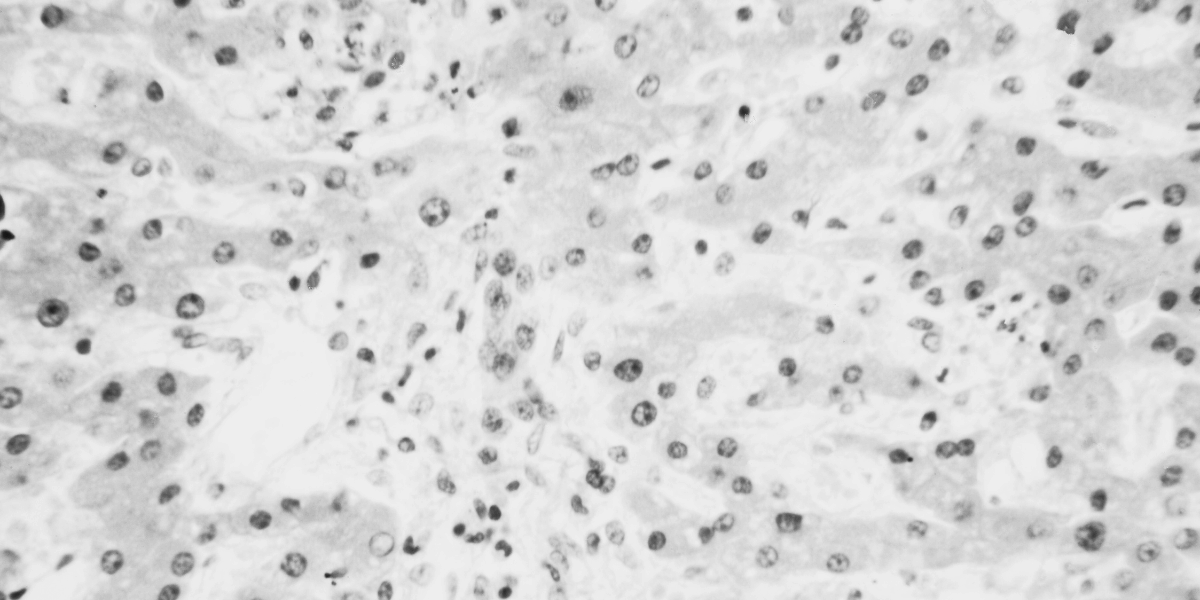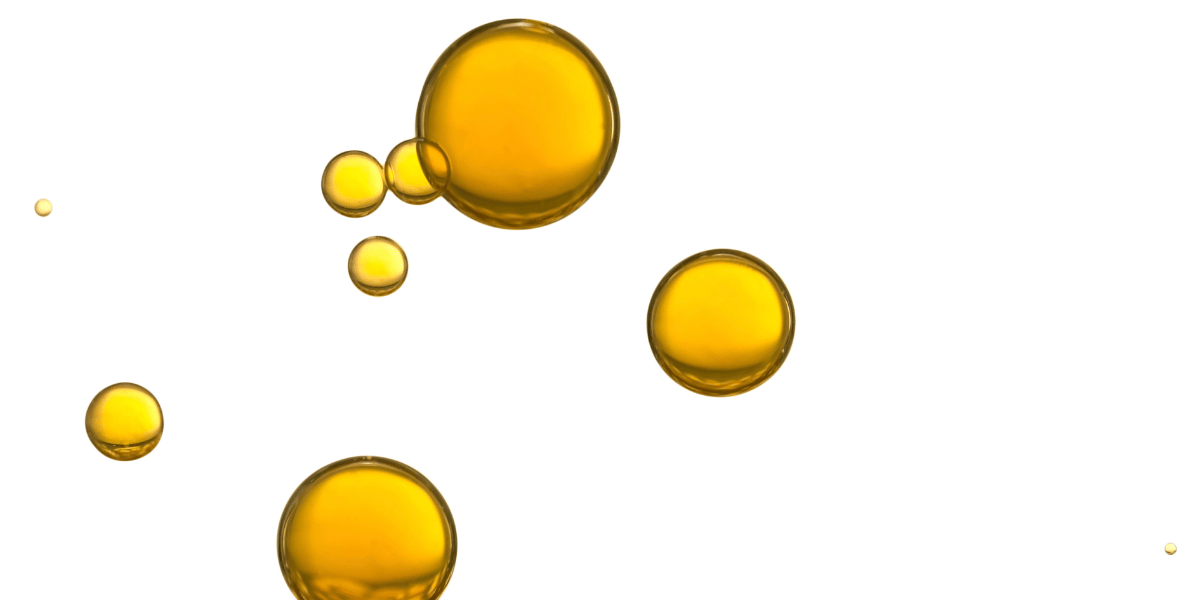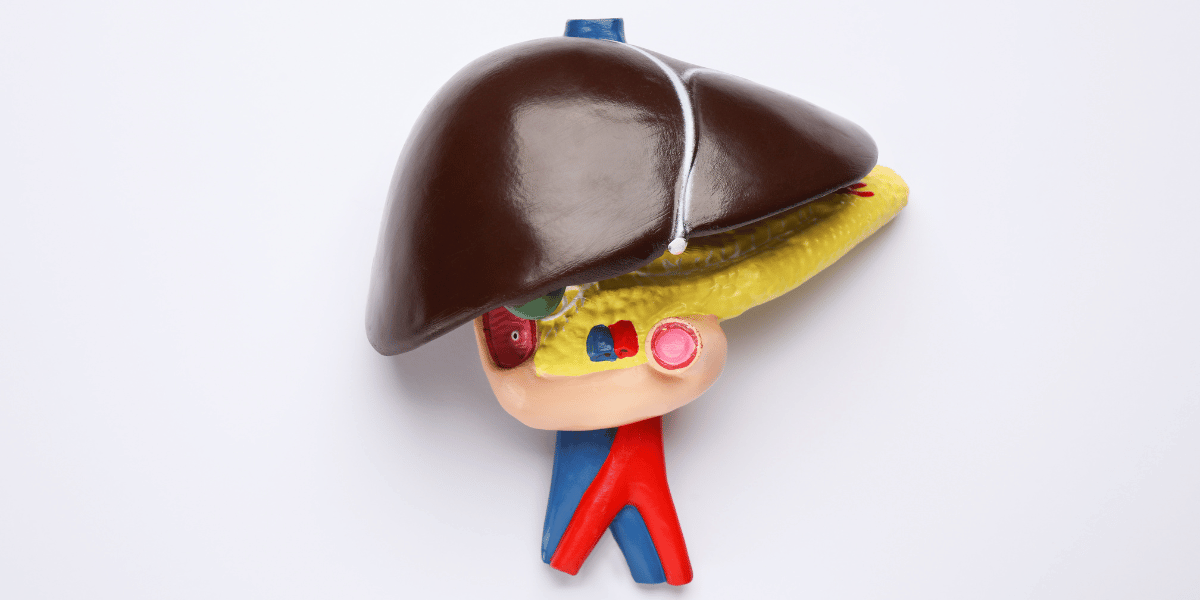The Dark Side of Seed Oils
In recent years, seed oils have become increasingly popular in kitchens due to their low cost and versatility. But did you know that too much...
.png?width=70&height=70&name=Stark_LogoMark%20(1).png)

The liver is one of the most vital organs in the body — it’s involved in every metabolic process. Unsurprisingly, an underperforming liver filled with accumulated fat will devastate a person’s overall health.
It’s simple: improving your liver health will benefit your overall health. Dr. Michelle Lai, co-author of The Liver Healing Diet: The MD's Nutritional Plan to Eliminate Toxins, Reverse Fatty Liver Disease and Promote Good Health spoke to the Stark team about the liver’s impact on overall well-being.
Most people think of the liver as our alcohol filter. While that’s not entirely wrong, the liver isn’t an isolated organ that’s cut off from the rest of the body; our body is a complex system that works together. The liver directly relates to our sugar levels and cardiovascular health (among other things). If a person gets fatty liver disease, they are more likely to get diabetes and heart disease.
Fatty liver disease stems from an imbalance of what we put into our bodies and what our bodies actually use. If you’re eating too many refined foods and sugar, your body won’t be able to burn it all off. The body has to store this food somehow — this is how fat accumulates in the liver. It’s important to note that while the liver is primarily affected, your entire body is overwhelmed and thrown off when this imbalance occurs.
Everyone needs healthy carbs and fats to perform at their best, so can you damage your liver health by overeating something like sweet potatoes? Dr. Lai says, “I think there are good fats that you can have more of that won’t affect you as much. Certain types will cause even more inflammation, and there are the good ones that you still want to keep an eye on. Keep your eye on the portions, how much you’re taking in, and what you’re burning off. I think we need to be mindful of both how much we’re taking in and what we’re taking in.”
The National Institute of Diabetes and Digestive and Kidney Diseases estimates about 24% of U.S. adults have nonalcoholic fatty liver disease. The cause of fatty liver disease is a combination between genetics, lifestyle, and environment. The main genetic marker is family history; someone with a family history of fatty liver disease needs to make healthier lifestyle choices to prevent fat accumulation in the liver.
To know if you have fatty liver disease, you’ll need to be diagnosed by a doctor using ultrasound, CT scan, MRI, or a liver test that looks for the ALT and AST markers. Most people find out they have fatty liver because they go in for their annual exam. For some, they visit their doctor because of stomach pain. Your doctor can determine whether you have fatty liver through imaging or testing. Dr. Lai says:
“For a vast majority of patients, they don’t have any symptoms until the very end when they develop liver failure. The good part is they’re not having any symptoms from it. The bad part is that people don’t know they have this for years, and it may not get picked up until it’s a little too late.”
Fatty liver disease is a manifestation of metabolic syndrome — a cluster of conditions that occur together, increasing your risk of heart disease, stroke, type 2 diabetes, and other health problems. You are at a higher risk for metabolic syndrome if your lifestyle doesn’t include regular exercise and a healthy diet filled with a variety of nutrient sources such as fruits, vegetables, and proteins.
You can improve your liver’s health by controlling your sugar intake, severely limiting your alcohol intake, and regularly exercising. Dr. Lai emphasizes the importance of eliminating fat in the body: “When the body’s fat starts going away, the fat, sugars, and cholesterol get better.” Making lifestyle changes is an overall risk reduction because these will improve your liver health — and overall health.

In recent years, seed oils have become increasingly popular in kitchens due to their low cost and versatility. But did you know that too much...

Improving liver function is critical to overall health, fat loss, weight loss, cognitive function and many other bodily functions. Here are 4...

In the complex network of our immune system, cytokines are crucial communicators, orchestrating the defense against infections, managing injury...